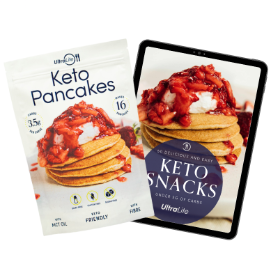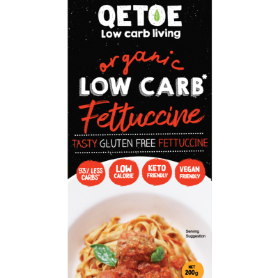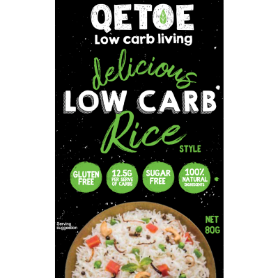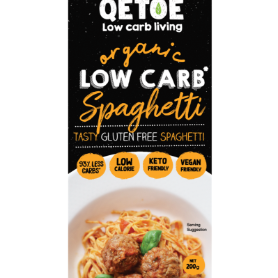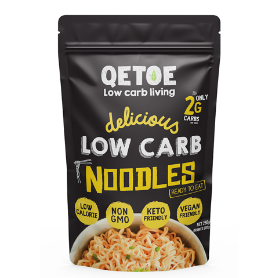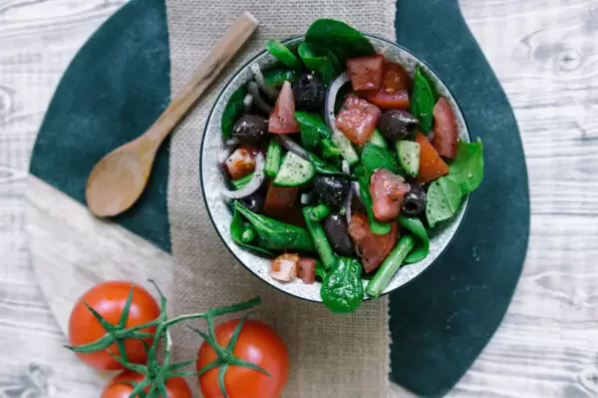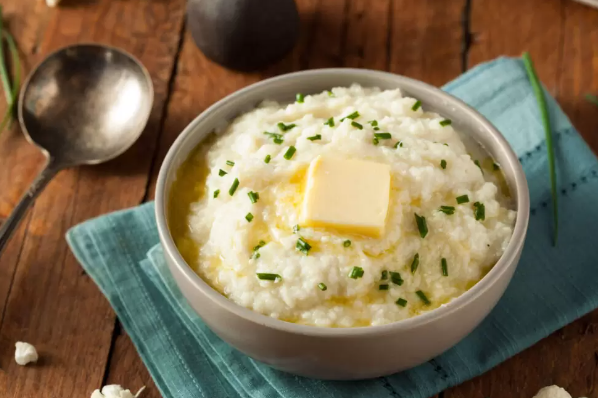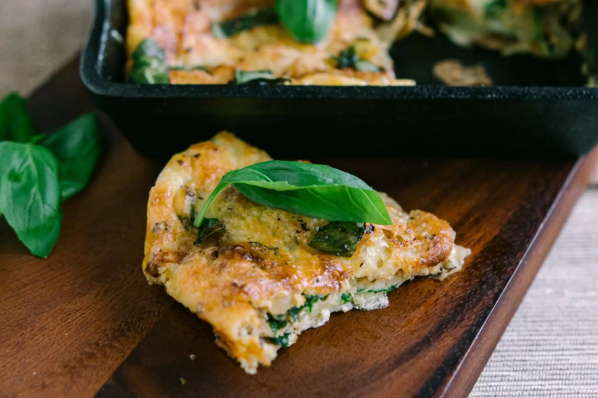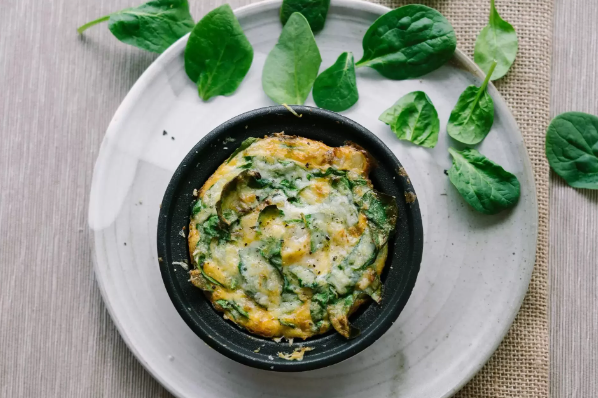Does your diet influence your immune system?
During times like these, in an ongoing global pandemic, it’s second nature to think about boosting our immune system. Diet plays a key role in regulating your immune system and can help or hinder your health.
A keto diet may impact your immune function, an example of this being that a diet high in carbohydrates can lead to insulin resistance, which then alters your immune response and increases inflammation within your body.
The addition of fermented foods and probiotics into your diet can potentially lower your risk of infection and decrease the amount of time your body needs to recover by making diseases less severe.
Having excess fat around your stomach (visceral fat) and obesity can decrease your body’s immune function and increase your risk of severe disease and infection.
What are the benefits of keto on your immune system?
Eating a keto diet can have a positive impact on your gut microbiome, potentially decrease inflammation, and help reverse the development of insulin resistance.
Some studies have found that eating a moderate protein, low-carb keto diet could have a wide range of benefits for your immune system when it comes to fighting infection.
A recent study found that when mice were fed a low-carb, high fat diet, and were infected with influenza, they had higher survival rates than mice that were fed a high carbohydrate diet. Researchers discovered that the mice following a low-carb, high fat diet produced a higher number of T cells and were less affected by the influenza. This increase in T cells allowed for the influenza virus to become trapped in mucus and removed from the body before disease was able to infect cells and worsen the disease.
What are some immune boosting keto foods?
When following a keto diet, you can still eat a diet full of nutritious, immune boosting foods. Incorporating these foods into your diet can help to keep your immune system strong, and ready to fight off disease.
Garlic
Garlic contains a chemical compound called alliin, which when crushed, turns into a compound called allicin. Allicin contains sulfur, but in its crushed state it’s unstable. Thus it’s quickly converted into other sulfur-containing compounds, which are thought to produce garlic’s medicinal properties.
Compounds that come from allicin have been found to alter the response of white blood cells when they come in contact with viruses, and this boosts the immune system.
Lemons
Lemons can enhance your immune system. They’re a rich source of vitamin C, which is an antioxidant that has antiviral and antibacterial properties. Lemons are also a good source of folate, which plays a role in sustaining the barriers of the immune system. Lemons and other citrus fruits contain bioactive compounds that help support the immune system, and decrease inflammation.
Blueberries
Blueberries contain a type of antioxidant called flavonoids, which help boost your immune system and reduce damage to cells. Blueberries are also packed full of nutrients such as vitamin C, vitamin A, fiber, potassium, and manganese.
Ginger
Ginger has strong antioxidant and antiinflammatory effects, which help boost the immune system. The compounds within ginger that produce these effects are called gingerols, sesquiterpenes, zingerones, and paradols.
Bell peppers
Bell peppers contain compounds that have antibacterial, antioxidant, immunostimulant, antitumoral, antifungal, and neuroprotective properties. They’re also a rich source of beta carotene, which helps your immune system and keeps your eyes and skin healthy.
Bone broth
Bone broth is a powerful anti-inflammatory and immune system booster. Amino acids and vitamins in bone broth help protect against disease.
Strawberries
Strawberries provide your body with nutrients as they’re high in vitamin C. Strawberries may also boost your immune cells’ ability to regenerate and grow.
Kale
Kale is a leafy green that’s high in nutrients, which helps keep your immune system functioning. These nutrients include vitamins A, B6, K, and C, as well as calcium, potassium, and magnesium. Kale has high antioxidant activity, which prevents damage to immune cells and decreases inflammation.
Eating a healthy diet is key to keeping your immune system supported
Eating a variety of keto-friendly fruits and vegetables is important to keeping your immune system strong. Foods such as the ones mentioned in this article are low in carbohydrates and high in vitamins and nutrients, which are essential for supporting your immune system and protecting you from getting sick. Having a strong and capable immune system is important if you do get sick as it helps decrease the severity and duration of disease.
Following a keto diet has been found to reduce inflammation, decrease visceral fat, and reduce insulin resistance. These effects can consequently reduce the impact of COVID-19 on the body.
A keto diet may also act to improve COVID-19 prognosis due to its ability to reduce body weight and visceral fat while maintaining lean mass and decreasing inflammation. The keto diet has been used as a therapeutic option for severely obese COVID-19 patients. Patients following a high fat, low-carb diet have been found to have a reduced duration of ventilator support, and the anti-inflammatory effects of ketosis may act as a tool to reduce the impacts of COVID-19.
Ultra Lite Program meal plans contain a variety of recipes high in the essential vitamins and minerals that help support immune function
Many factors in addition to maintaining a healthy diet play a role in strengthening and maintaining your immune system. Other important factors in keeping your immune system well supported include sleeping well, exercising regularly, staying hydrated, and minimizing stress.

